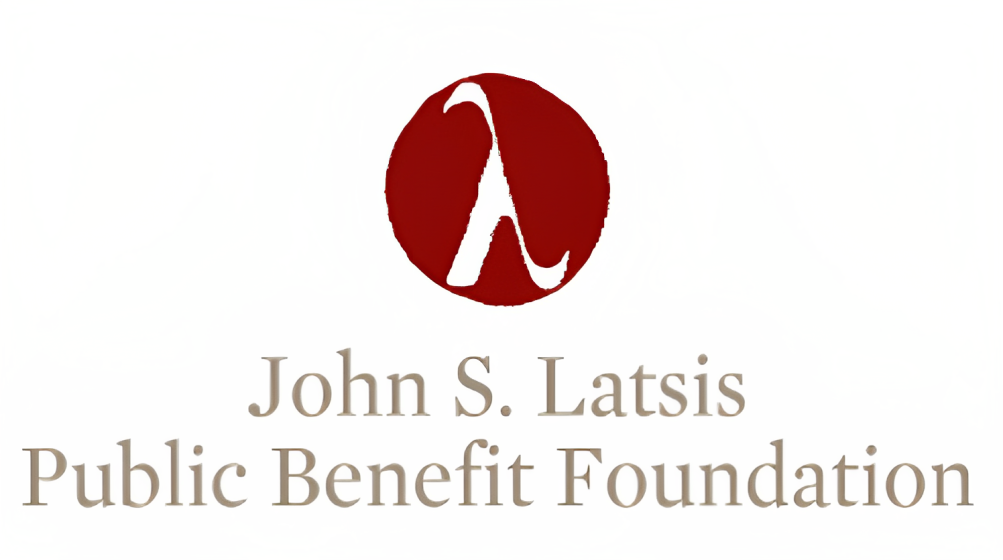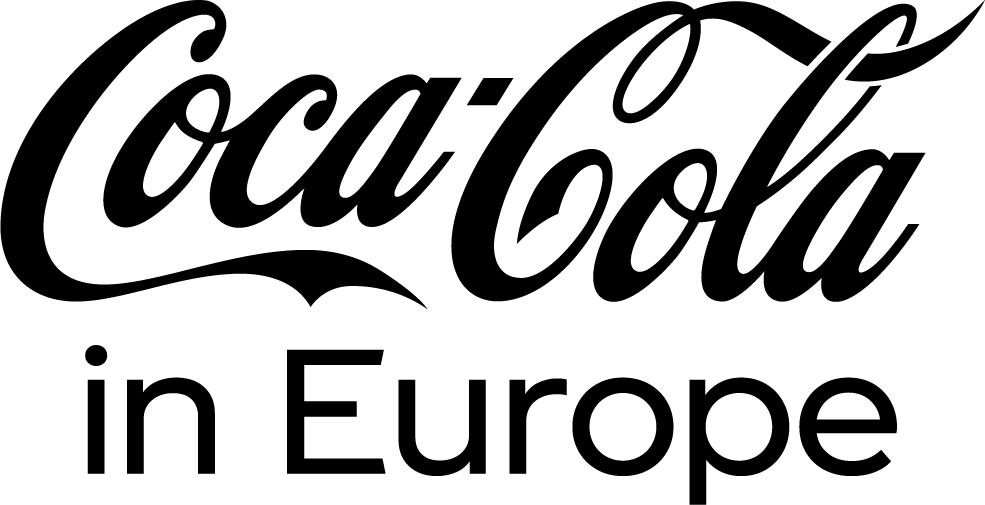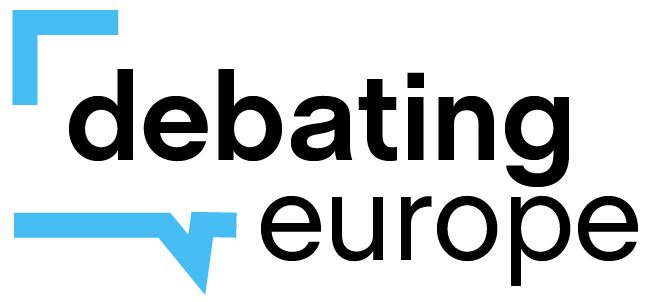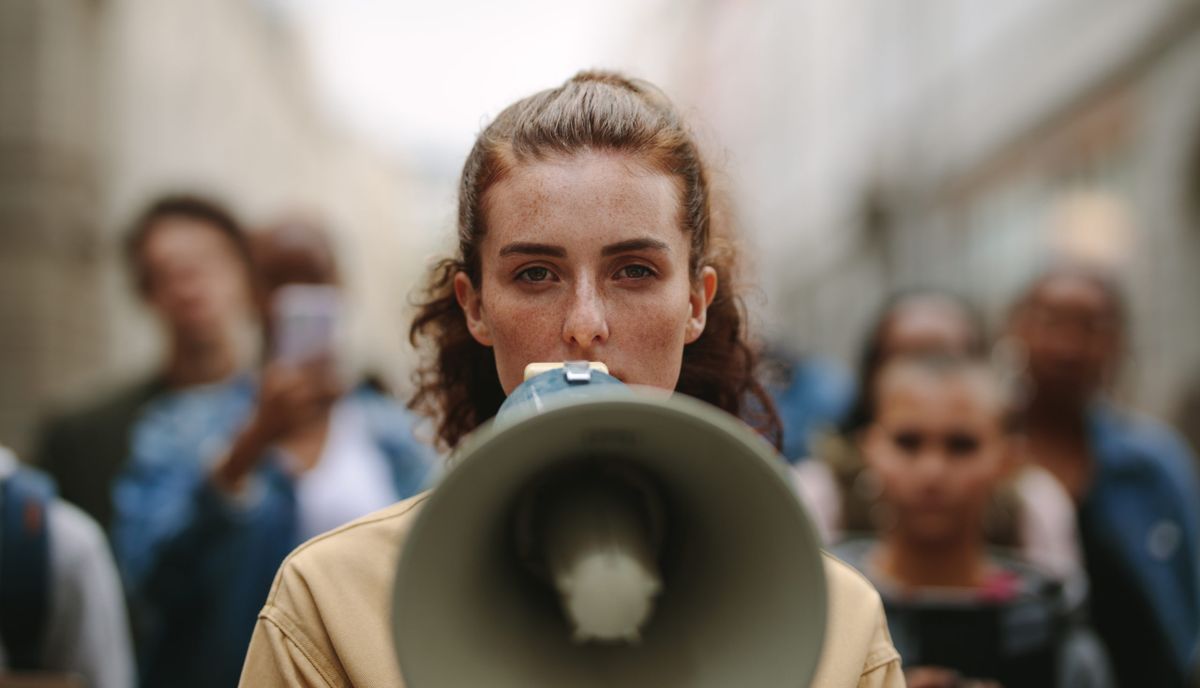
What happened?
Alumni of the European Young Leaders (EYL40) network met in Brussels on Friday with a brief to seek innovative solutions to citizens’ dwindling faith in democracy and the growing influence of populists’ authoritarian messaging.
“We firmly believe that democracy, right now, doesn’t work. It’s slightly off-kilter and needs to be rebalanced to reflect what the reality is,” Adam Nyman, Director of Citizen Outreach and Engagement at Friends of Europe, told the group.
Nyman explained how ‘2024 Voices’ – a project led by Debating Europe, the citizen engagement unit of Friends of Europe – is using data on the nature of European democracy; analysing focus-group information; and examining different approaches to strengthening democracy through, for example, civic education, citizens’ assemblies or expanding the electorate by lowering voting ages.
As part of Friends of Europe’s drive to endow Europe with a Renewed Social Contract by 2030, the ‘2024 Voices‘ project is bringing in 2,024 citizens in seven EU countries to gauge opinions on issues relating to democracy, economics, climate change and security.
“What we are doing is listening to what citizens say and feeding that into the activities that Friends of Europe does,” Nyman explained. “It is at the core of everything we do. Without it, we would be absolutely lost.”
For real-world lessons on democracy, the group heard from two 2015-2016 EYL40s, Michał Olszewski, Deputy Mayor of Warsaw, on October’s parliamentary election in Poland, where a centrist coalition defeated the populist incumbents; and Ivan Štefunko, Founding Chairman of Progresívne Slovensko and Consultant in Innovation Policies, whose party scored strongly in September’s Slovak elections despite a victory for pro-Russian populists.
They examined the political divide between big city and rural voters, stressed the need for positive messaging and loyalty to core values, and emphasised the necessity of progressive parties looking beyond their core educated urban electorate to reach out to neglected groups.
“Where the democratic movement failed [in the past], it was on dignity and caring about people. They focused on economy, they focused on being stronger, moving forward to the future, but they didn’t really care what’s happening in the rural areas […] Now it’s changed,” Olszewski said. “One of the most important things, when we are in unstable times like we have now, is to care about everyone.”
The young leaders also brainstormed in a series of parallel roundtables on options for building a democracy fit for the 21st century, looking at increased democratic suffrage through civic education and capacity building; embracing democratic innovation; and the threats and opportunities of digital democracy.
Among the ideas to emerge were calls for greater political outreach to school-age people, signature apps to counter deep fake messaging, public funding for independent journalism, and community events to counter social isolation.
This event was limited to European Young Leaders (EYL40) and took place in Brussels. Follow us on Twitter, LinkedIn, Instagram or Facebook, and join the #EYL40 discussion!
Related content:
- Event | The emperor has no clothes
- Event | Is Europe Alice in Wonderland?
- Press release | Debating Europe invites citizens from seven European countries to ‘Speak Up!’
- #CriticalThinking | Insecurity and the rise of populism, by Philippe Van Parijs
Our events include photos, audio and video recording that we might use for promotional purposes. By registering, you give your permission to use your image. Should you have any questions, please contact us.
PHOTO CREDIT: Jacob Lund/Shutterstock
Schedule
Introductory remarks
Michał Olszewski
Board Member of PGNiG TERMIKA and 2015-2016 European Young Leader (EYL40)
Ivan Štefunko
Founding Chairman of Progresívne Slovensko, Member of the National Council of the Slovak Republic and 2015-2016 European Young Leader (EYL40)
Working together in three parallel roundtables, the EYL40s will have the chance to discuss the state of our liberal democracies and whether our current means of engagement and empowerment are sufficient to bring people on board. As we face several global challenges, opportunities arise to detach ourselves from the democracies we inherited and to start thinking about a democracy fit for the 21st century.
A democratic expansion: increased democratic suffrage through civic education and capacity building
The upcoming 2024 European elections will have a higher-than-usual number
of new voters, with 5 out of 27 EU Member States allowing 16– and 17-year olds to vote for the first time. As we support the channelling of greater participation of young people in democratic processes across the EU, our institutions must develop harmonized and far-reaching resources to boost civic education and provide citizens with all the competencies they need to participate actively in political and democratic life.
Digital democracies: delving into the threats, opportunities, and misconceptions
Breakthrough digital innovations are increasingly part of our daily lives. Generative Artificial Intelligence, facial recognition systems, and network security measures are simply some of the instruments we added to our toolboxes. At the same time, apart from certain exceptions, there seems to be still a general distrust towards systems for digital democracy, like electronic voting. While considering all the realistic threats that disruptive technologies pose to our democratic processes, how do we tackle misconceptions and allow for the utilisation of more efficient and accessible systems?
Making sense of the global dissatisfaction with democracy and embracing
democratic innovation
Compared to the last 25-30 years, citizens in developed countries are significantly more dissatisfied with the state of their liberal democracies. The adverse shocks hitting our societies and the consequent citizens’ discontent with the response of their institutions have significantly boosted this downward trend. In this 21st-century cycle of polycrisis, our societies need to regain citizens’ trust by exploring new participatory approaches to policymaking and placing greater trust in collective intelligence.
Speakers
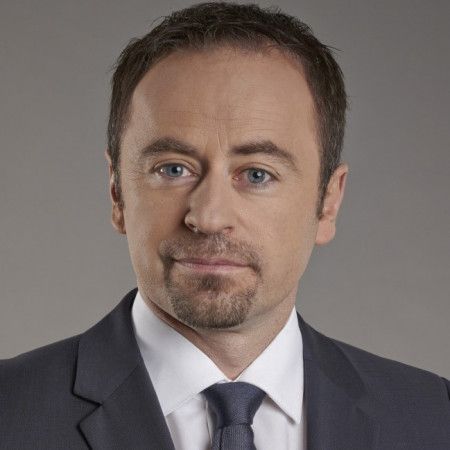
Board Member of PGNiG TERMIKA and 2015-2016 European Young Leader (EYL40)
Michał Olszewski is a Board Member in charge of investments at PGNiG TERMIKA, Poland’s leading natural gas company. He previously served as deputy mayor of Warsaw, and has spent the entirety of his professional life in public service. Olszewski began his career working as a senior expert in the Office of the Committee for European Integration, while studying at Warsaw University. He rapidly rose to become Head of the EU Funds Department for the City of Warsaw and simultaneously became Chairman of the European Policy Commission in the Association of Polish Cities. Olszewski is also responsible for metropolitan cooperation in the Warsaw Functional Area and currently is Chairman of the Warsaw Metropole Association.
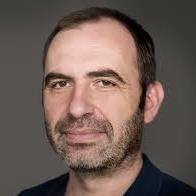
Founding Chairman of Progresívne Slovensko, Member of the National Council of the Slovak Republic and 2015-2016 European Young Leader (EYL40)
Ivan Štefunko is a Member of the National Council of the Slovak Republic, representing the political movement Progresívne Slovensko (Progressive Slovakia), which he co-founded, in the committees on foreign affairs and on economic affairs. He was also the party’s first chairman. Štefunko used to be a serial entrepreneur and angel investor and has been extensively involved in building the venture capital industry in Slovakia by co-founding Neulogy Ventures, a management company investing public and private funds in early-stage tech companies through a Bratislava-based, 25mn VC fund with more than 36 technology investments. Štefunko previously co-founded Neulogy (now CIVITTA), a Bratislava-based consultancy boutique specialising in R&D management, technology commercialisation and start-up consulting. He has an extensive entrepreneurial background, particularly in deep technology and the internet space. He has also been at the helm of a number of start-up companies with global or regional reach, including Diagnose.me, Pelicantravel.com, Piano Media and GA Drilling.
Activities
Together with future generations – Voices for Choices local event
Past event In person - Prato, Italy

- Area of Expertise
- Democracy
Poland and Gen Z: Politics, security and the future
Past event In person
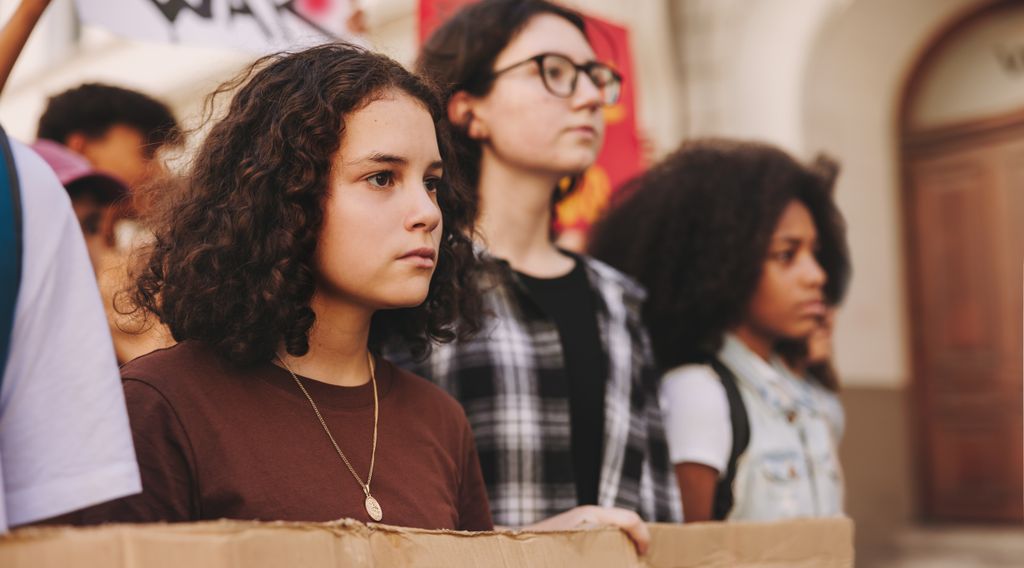
- Area of Expertise
- Democracy
Europe, but secure? – Grassroots impulses for the security policy of…
Past event In person, Berlin
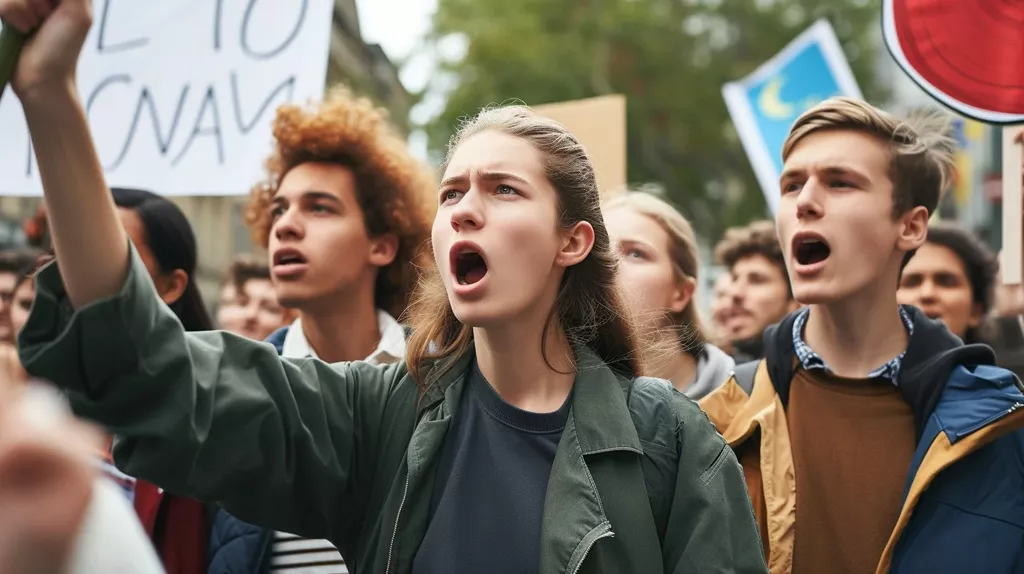
- Area of Expertise
- Democracy
Timebomb: confronting the challenges of an ageing continent
Past event In person
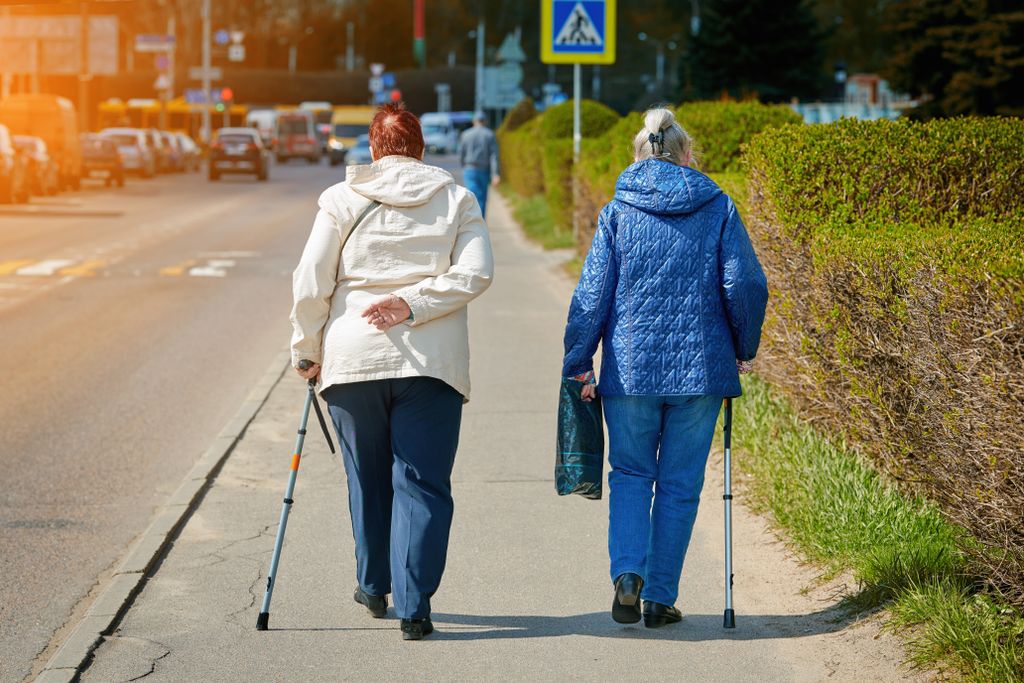
- Area of Expertise
- Democracy
Policy Voices | Overcoming polarisation: defence in the time of distrust
- Category
- Podcast
- Area of Expertise
- Democracy
“Voices for Choices”: are Europe’s youth truly heard?
- Category
- #CriticalThinking
- Author
- By Gabriel Maitre
Backsliding democracy: navigating political pressure on civil society in…
- Category
- #CriticalThinking
- Author
- By Rupert Graf Strachwitz
The next EU budget: it's a make or break one for the EU’s future
- Category
- #CriticalThinking
- Author
- By Friends of Europe
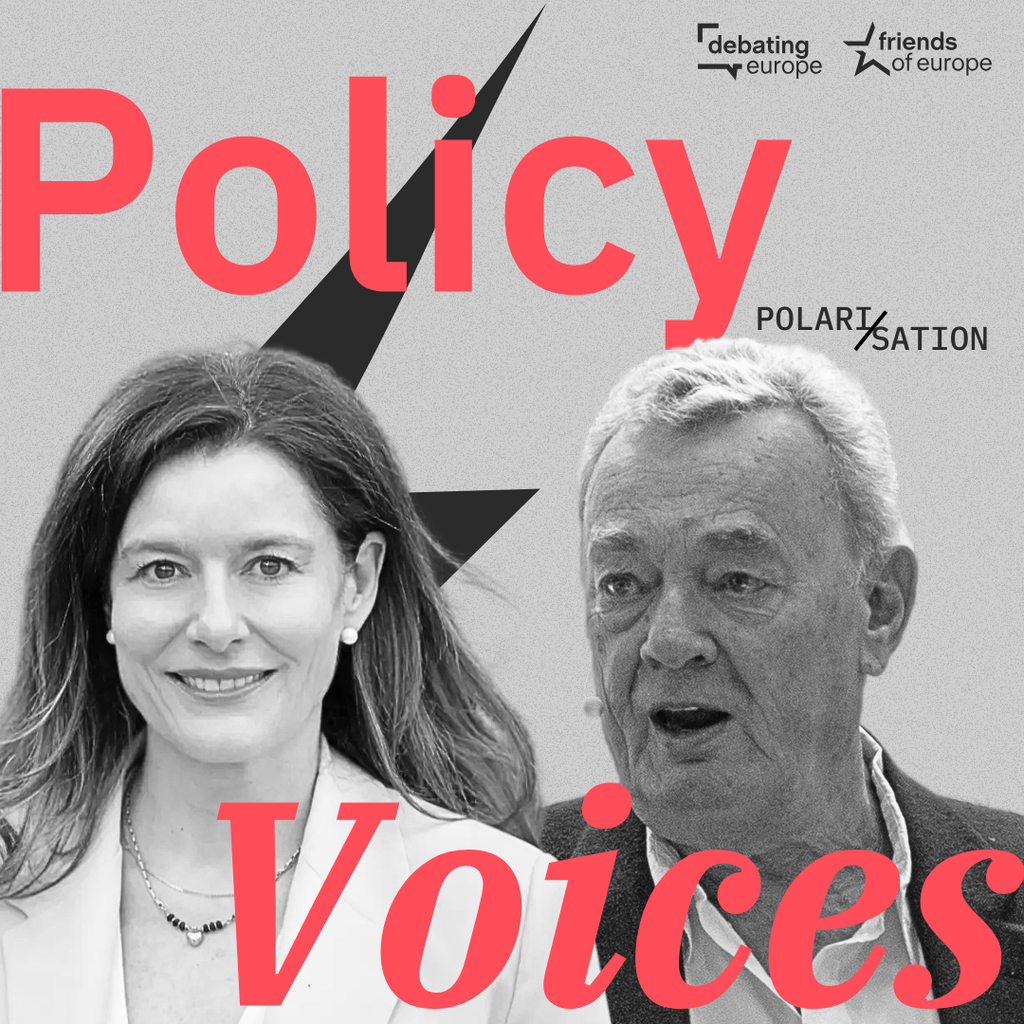
- Area of Expertise
- Democracy
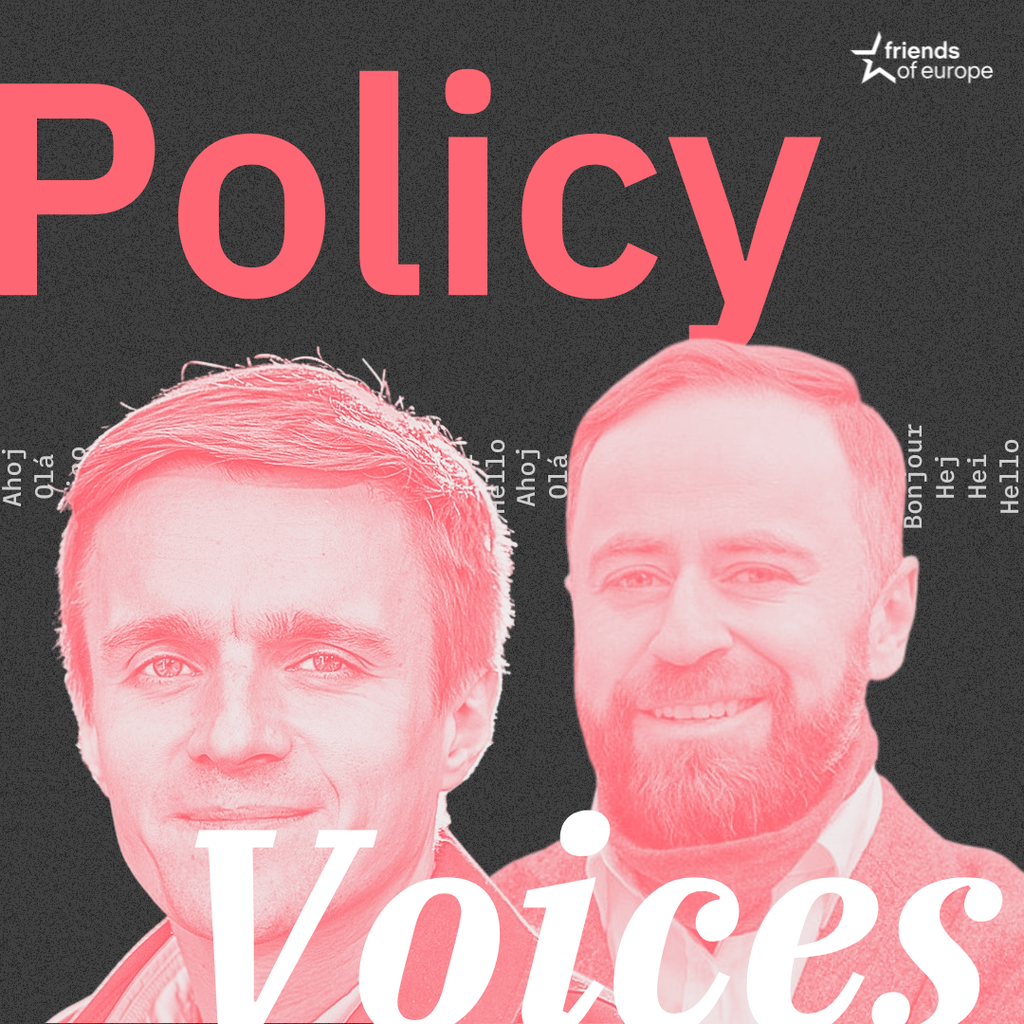
- Area of Expertise
- Democracy
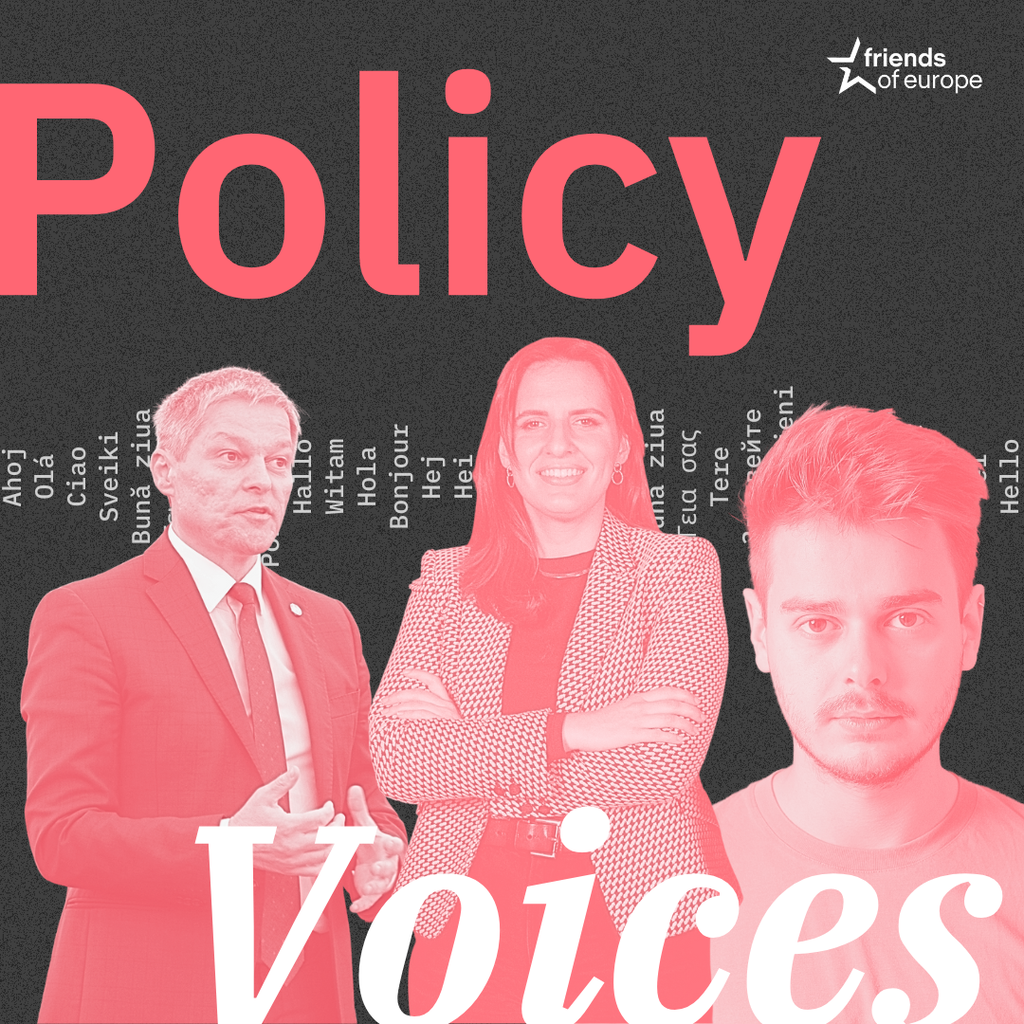
- Area of Expertise
- Democracy
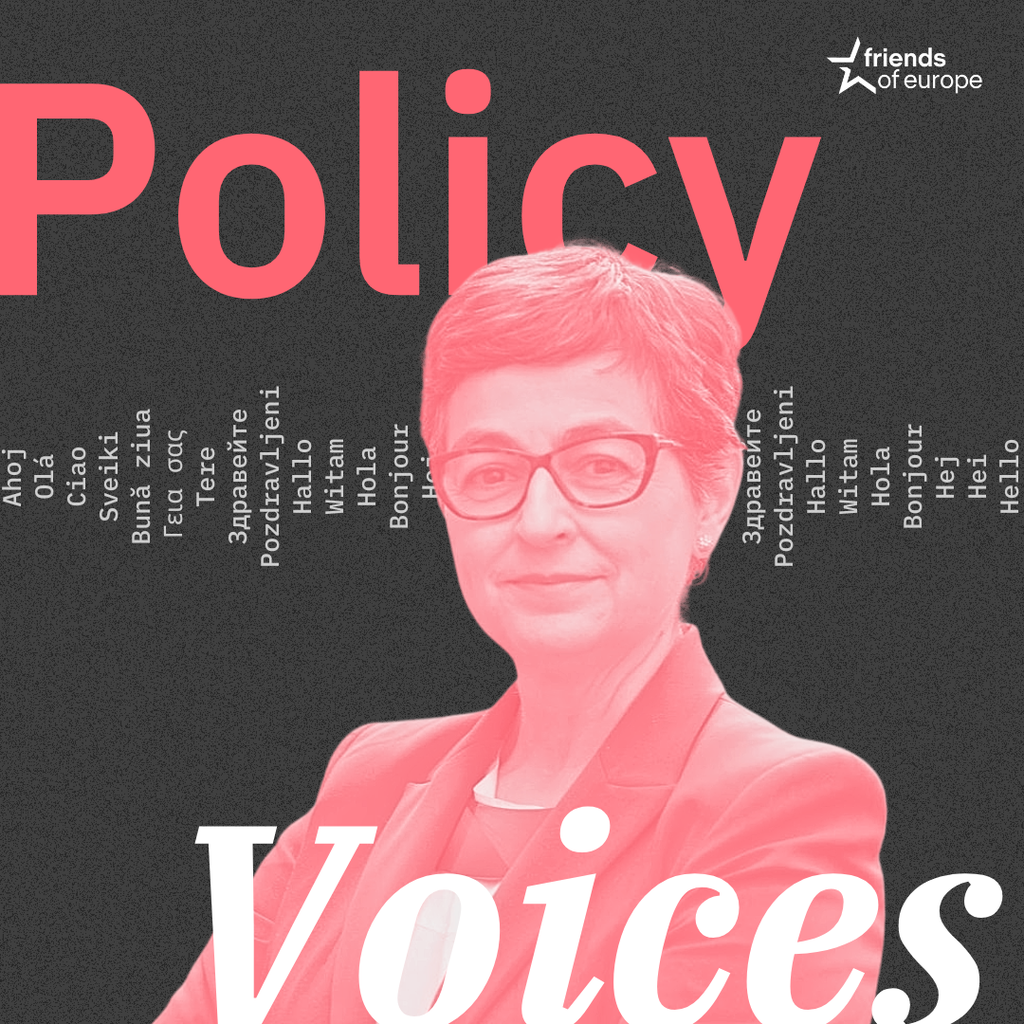
- Area of Expertise
- Democracy
Continue
the debate on
- Debating Europe

